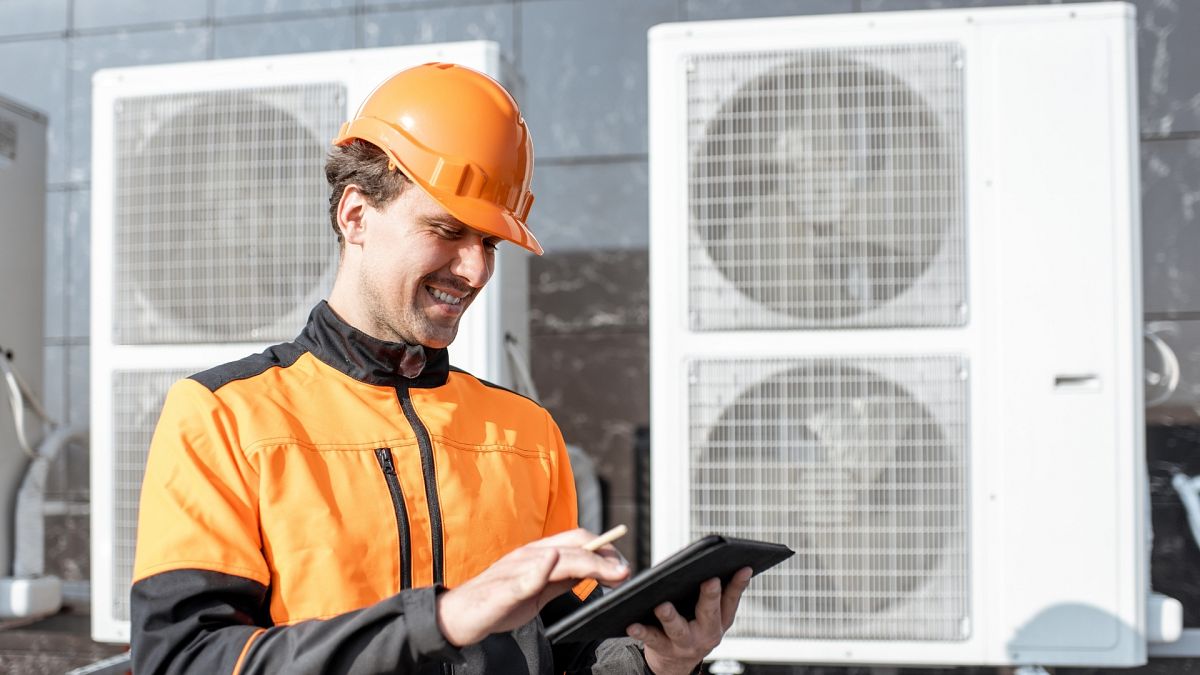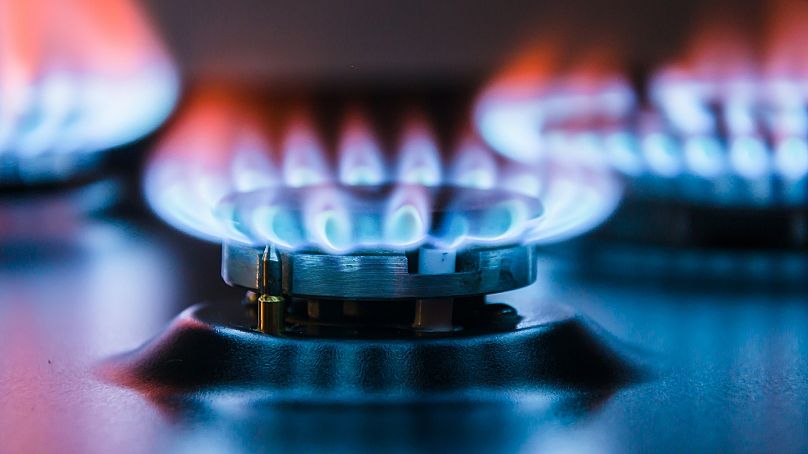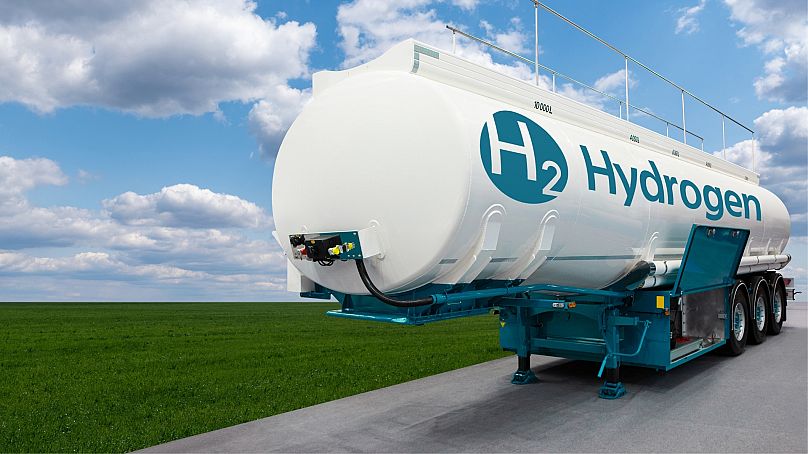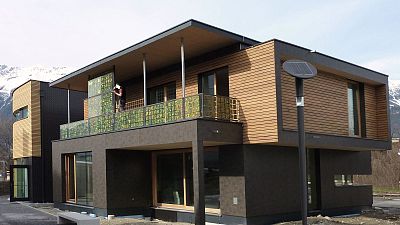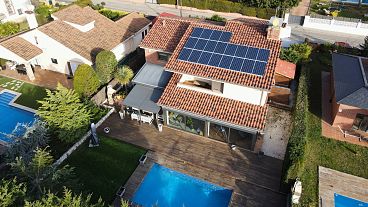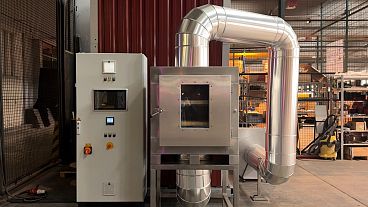The UK government is funding heat pumps for 90,000 homes, so is this green technology right for you?
The UK government set out plans this week to fund the installation of heat pumps in 90,000 homes across the country. The £5,000 (€5,911) grant will allow people to replace their existing gas boiler with a greener, more energy-efficient heat pump.
Gas boilers will be phased out in the UK from 2035 in a bid to reduce reliance on fossil fuels for heating. Around 29 million homes currently use gas boilers, making CO2 emissions from domestic heating double those emitted by the UK’s gas-powered power stations, according to research by climate charity Possible and energy social enterprise Scene.
To cut these emissions, the UK government is turning to heat pumps, though who will be footing the bill for the majority of households remains unclear.
“Government funding must increase exponentially if we are to achieve the government’s target of 600,000 total heat pump installations a year by 2028 – of which half will be retrofit,” says Ian Rippin, CEO at MCS.
“Effectively, from 2025 there will be just three years to make this jump happen in line with this current policy.”
What are heat pumps and how do they work?
Put simply, heat pumps work like a fridge in reverse. The pump absorbs heat from the air outside your home using a liquid refrigerant. Powered by electricity, this liquid is compressed to increase its temperature and release the heat into your home via existing radiators or underfloor heating.
The pumps are capable of getting heat from outdoor air even when the air temperature is below zero, making them popular in Nordic countries. You can store the heat in a hot water cylinder for baths and showers too.
There are two main types of heat pump on offer. An air-source heat pump will extract air from outside your property, while a ground source heat pump will extract warmth from soil or water underground.
Both types are generally located on an outside wall of your property, so if you’re short on space inside, they can still work for you. Both require a source of electricity to work, however.
How much do heat pumps cost to install and run?
Air source heat pumps currently cost upwards of £6,000 (€7,096) while ground source heat pumps are £8,000 (€9,463) or more. So it’s unlikely that the current UK government grant will cover the full cost of installation.
Heat pumps are more energy efficient than gas boilers though, so there are savings to be made in the long term. The UK government aims to make running a heat pump the same price as a gas boiler by 2030.
Currently though, a heat pump is likely to be the pricier option, as electricity prices are around three times higher than gas. This is due to environmental levies and carbon taxes placed on the cost of electricity to support new green energy projects.
Are heat pumps suitable for all UK homes?
Heat pumps are extremely energy efficient and will keep your home warm and toasty - providing it is properly insulated. If your property is not well-insulated, including double glazing, wall and roof insulation, then a heat pump will be less efficient and the warmth generated will escape.
The UK government’s Green Homes Grants for home insulation closed in March this year, meaning that if your home isn’t well insulated, you’ll have to pay for this yourself.
There will also need to be wall space available outside your property for a heat pump to be attached. The pumps look like air conditioning units, and come in different sizes depending on the needs of your property.
What are the alternatives to heat pumps?
Alongside installing heat pump technology, the UK government is also exploring the use of hydrogen in existing gas boilers.
“In the coming years, the government are planning on introducing 20 per cent hydrogen and 80 per cent gas as a way of fuelling homes, with a long-term view to using 100 per cent hydrogen,” says Myles Robinson, a heating expert from Boiler Central.
“However, the technology is decades away from being fully rolled out.”
Fossil fuel companies are also pushing for hydrogen boilers, for fear of losing out on the market share if there is a major switch to electric powered heat pumps.
With decades until the necessary technology is ready though, pursuing hydrogen could see the UK miss its net-zero transition target of 2050.
